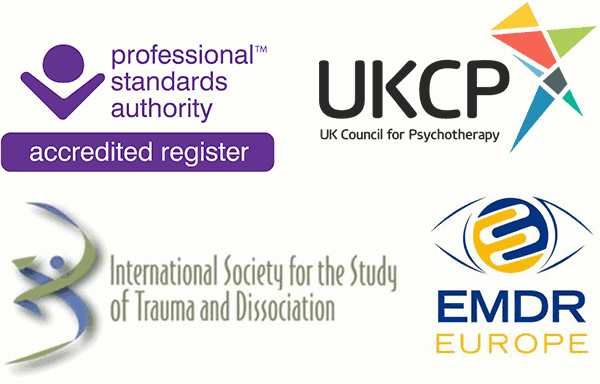Coping in a crisis.
Researchers studying resilience and recovery have identified five principles that are key to supporting people after traumatic incidents (Hobfoll et al 2007)...these principles are :
1) Building a sense of safety.
Are you and your family and/or loved ones physically safe? Building safety reduces biological arousal and distress even if it is only relative safety.If you are in a situation of domestic violence then call the National Domestic Violence 24 Hour Helpline 0808 2000 247 for advice.Making yourself and those you care about physically safe is the most effective and powerful short term intervention you can make after a serious incident.
2) Calming.
It is normal for the body to react to a crisis by going into a heightened state of arousal, increased heart rate, rapid breathing etc. Some people go into shock and 'blank out' for a while.Other symptoms include stomach tightening,feeling cold,trembling,crying or laughing. All of these responses are normal. In order to stay calm...stay 'grounded'...sit on a chair and just notice your breathing for a few minutes, if you want to, hug yourself as you feel your body on the chair. If you are able to go for a walk then gentle exercise is very helpful. Contact with nature or a much loved pet may also be soothing. Avoid watching the news or sharing 'horror stories' which can increase the 'pressure cooker' effect (when people heighten the sense of crisis and danger) and make it difficult, especially for children, to realise that the crisis is over. If you cannot sleep or are suffering signs of extreme stress then see your GP.
3) Building a sense of self and community efficacy.
It helps to keep to the basic rhythms of life- mealtimes, washing, bedtimes. If you can go to work then do so and get the children back to school as soon as possible. Success in simple tasks, like making and sharing breakfast, builds a feeling of optimism and a sense that together we can overcome the crisis. Set small achievable goals dedicated to keeping routines going.
4) Fostering connectedness.
Stay in contact with safe friends and family. Whilst 'horror stories' can be counterproductive, evidence shows it is very healing for people to be together with others at times of crisis to talk about things in a constructive way, to problem solve and to give and receive comfort. If you feel you need professional help then see your GP and ask for a referral to NHS psychological support or make an appointment with a properly trained psychotherapist or counsellor in private practice. Older children can be encouraged to keep an eye on younger children and teenagers can 'buddy up' with a peer. This is particularly important as teenagers may not discuss their worries with a parent.
5) Fostering hope.
Serious incidents can shatter people's faith in human nature or even their whole world view. However, the body can recover from a severe psychological trauma in only 4 weeks given the right environment. For those with a spiritual faith it is important to make time for prayer or meditation. Many people act very kindly after serious incidents. It is important to know that people do recover from the most terrible circumstances to rebuild their lives.
"Women are like teabags;you never know how strong they are until they're put in hot water." Eleanor Roosevelt (Please note this also applies to men).
Recommended reading:
Linda T. Sanford (1990). Strong at the Broken Places. Virago Press. An inspiring book describing how childhood abuse and neglect affects families, but also includes accounts from people about how they overcame early disadvantage to live full lives.
Peter A. Levine (1997). Waking the Tiger - Healing Trauma. North Atlantic Books. An account of how trauma affects the physical body, the emotions and thought processes. Includes exercises to support recovery.
www.trauma-pages.com - David Baldwin's trauma pages are a fascinating and comprehensive resource on all matters related to psychological trauma
www.crusebereavementcare.org.uk - well written and compassionate information for those who have been bereaved.





